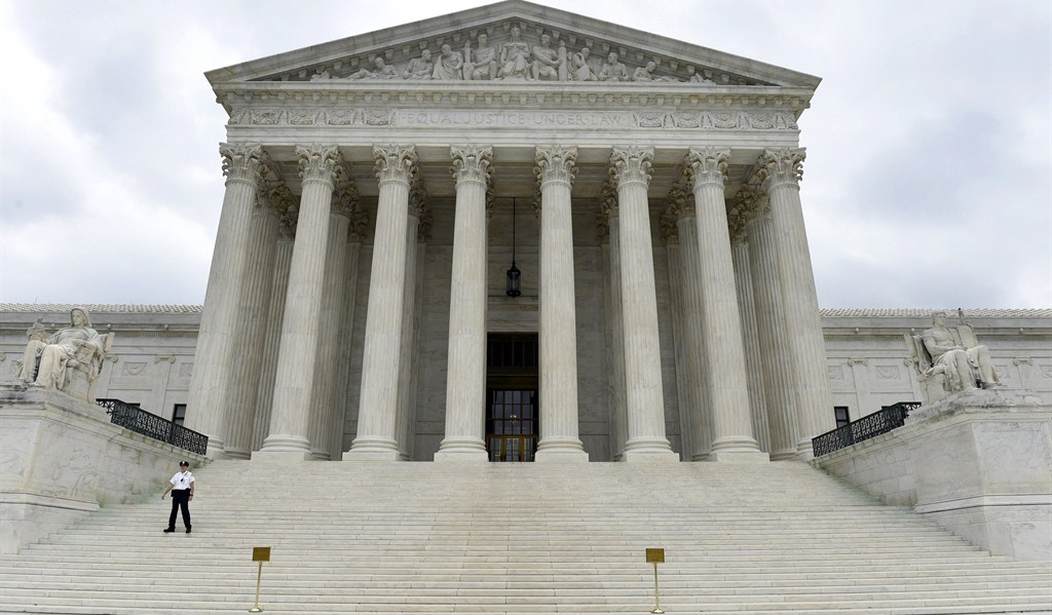Advertisement
Professor Baude describes such an approach as having "a strong legal pedigree." One wonders what he thinks about the "pedigree" of the entire common law system, of which the American legal system has been a part for nearly 400 years. (Yes, I am counting the early colonies.) Judicial decisions in the civil law systems of continental Europe largely bind only the parties to the litigation. But judicial decisions in common law countries -- those that inherited their legal traditions from Great Britain -- have the effect of "stare decisis," or precedent. In other words, judicial decisions bind all lower courts within the same jurisdiction. This is certainly true of the U.S. Supreme Court, whose decisions bind all individuals and enterprises, courts and other branches of government (both state and federal) unless negated by an act of Congress or overturned by the Supreme Court itself.
This is basic first-year law school material. It is curious that a faculty member at one of the country's most esteemed law schools either doesn't understand this principle or thinks it can be summarily dispensed with.
Our president, touted for his time as a Senior Lecturer of constitutional law -- also at the University of Chicago -- has a grasp of it that seems just as tenuous. Obama infamously said in a 2001 interview, "the Constitution says what the federal government can't do to you, but doesn't say what ... (it) must do on your behalf."
That was kind of the point, Mr. President.
What is the problem? Perhaps it has something to do with our current understanding of what it means to be an "intellectual."
Recommended
Advertisement
It is now considered anti-intellectual to believe in God, for example, despite history's brilliant thinkers who were also people of faith. Many of today's "intellectuals" can't be bothered with the idea of a higher power -- which all-too frequently means that there is no higher power than their own mind. And that has proven to be a dangerous state of affairs, indeed.
The modern intellectual wants brownie points for noble motives, notwithstanding those pesky horrific consequences. Communism is a superb example. Despite the deaths of 100 million people under multiple iterations of that theory, it continues to be defended by soi-disant "intellectuals." And there's the rub: a modern "intellectual" is someone who is willing to keep sending people to their deaths in the hope that next time "we'll get the theory right."
In fact, sometimes death is the theory. Take Princeton's Peter Singer, for example, who can come up with perfectly intellectual reasons why Person A deserves to die or Person B is inferior or Child C has no rights. It is profoundly anti-intellectual -- at least in today's climate -- to suggest that every human being regardless of age or stage of development or physical condition is of inestimable worth, notwithstanding what they "do" for society.
It is considered anti-intellectual to question the politicization of science (witness the attacks on anyone who dares challenge "climate change"). It is considered anti-intellectual to suggest that our political leaders hold themselves to consistent ethical standards, and not wave away accusations of hypocrisy with their "social justice" motivations that excuse all shortcomings.
Advertisement
And as Professor Baude's recent editorial demonstrates, it is considered anti-intellectual to believe that the individuals who drafted the founding documents of this country knew anything about human nature when handed unfettered power, and therefore to insist that our government remain controlled by the checks and balances placed in those documents.
In short, "intellectual" (as distinguished from "intellect") has lost its relationship with wisdom. It has become a word infused with hubris and manifest by condescension, with often disastrous results. It marginalizes experience and dismisses common sense. With all due respect, if this is what passes for "intellectual," perhaps it is time for a new definition. A good start would be one that incorporates a bit of humility.

























Join the conversation as a VIP Member